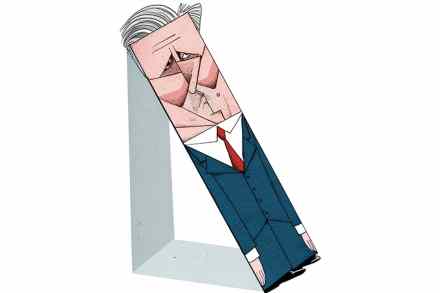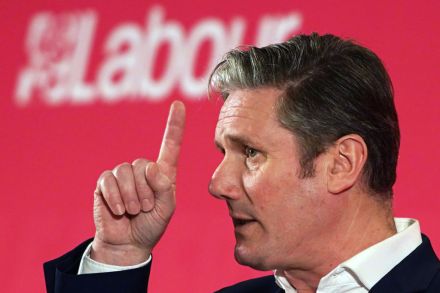How safety first Starmer can beat Boris
Even before the embargo was lifted on Keir Starmer’s much-trailed and super-long Fabian pamphlet, The Road Ahead, commentators and critics were already putting the boot in. By writing his 12,000 words or so, all the Labour leader had seemingly achieved was the creation of a consensus, one stretching from the Spectator to the Guardian, that all he had painfully gestated was a cliché-ridden disaster, groaning with platitudes stolen from focus groups. The best thing that was said about it was that the pamphlet was so long and so turgid, hardly anybody would read it. How many ideas a party leader requires to be effective, and from where they should come,




















